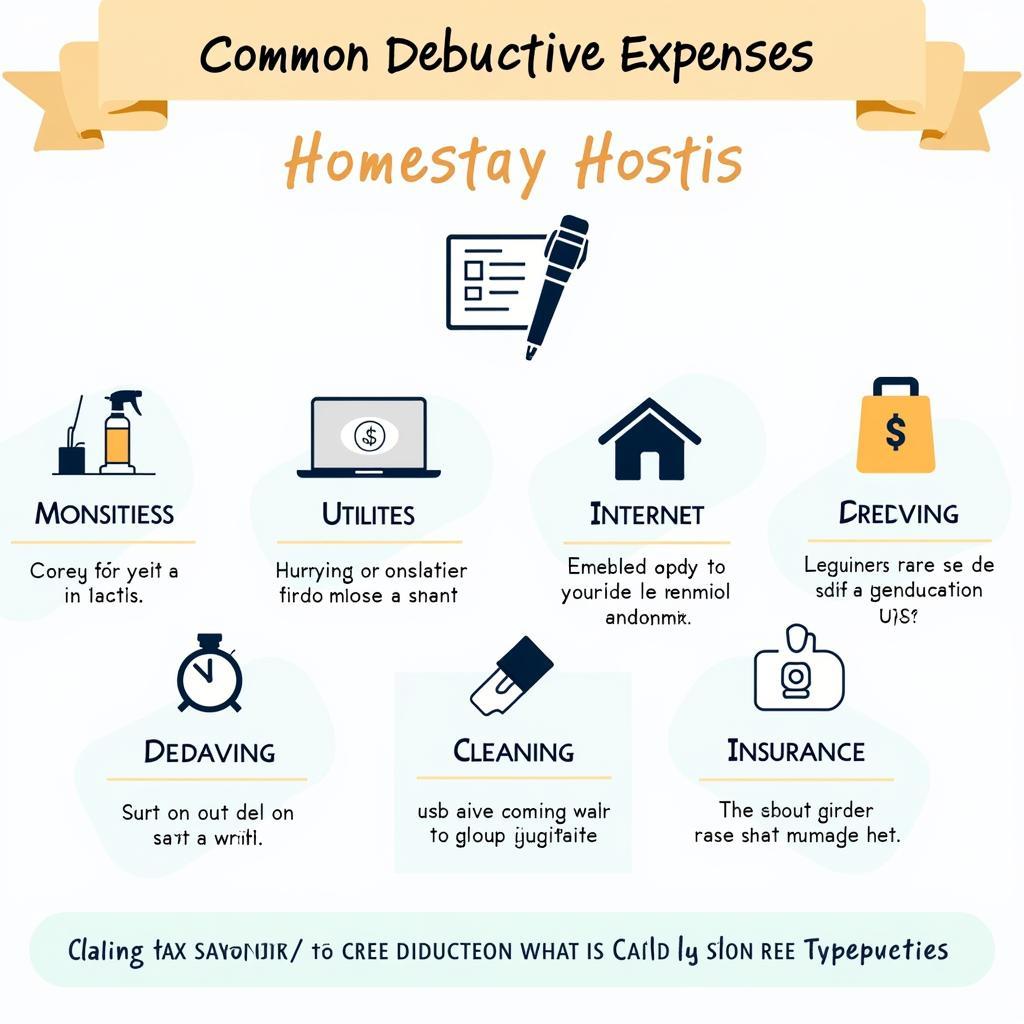Understanding Homestay International Student Income Tax implications is crucial for hosts in Spain welcoming students from abroad. Whether you’re a seasoned host or just starting out with your homestay program host, navigating the tax landscape can feel complex. This guide will shed light on the key aspects of declaring income earned from hosting international students, ensuring you stay compliant with Spanish tax regulations while enjoying the cultural exchange that comes with hosting.
Declaring Your Homestay Income in Spain
As a homestay host in Spain, the income you receive from hosting international students is generally considered taxable. It falls under the category of rental income, even though you’re providing more than just accommodation. The specific tax obligations and deductions available might vary depending on factors such as the duration of the student’s stay, the amount you charge, and your individual tax situation.
Understanding Spain’s Tax System for Homestay Hosts
The Spanish tax system considers income from renting a room in your primary residence as income from property. You’ll need to declare this income on your annual income tax return (IRPF – Impuesto sobre la Renta de las Personas Físicas).
Remember, it’s always beneficial to consult with a tax advisor familiar with Spanish regulations. They can provide personalized advice based on your unique circumstances and ensure you’re claiming all eligible deductions.
Tax Deductions for Homestay Hosts in Spain
As a homestay host, you can often deduct certain expenses related to hosting international students. These deductions can help reduce your overall tax liability. Some common deductible expenses include:
- Portion of utilities: You can deduct a percentage of your utility bills (water, electricity, gas) that corresponds to the space occupied by the student.
- Internet and phone: If you provide internet and phone services to the student, a portion of these costs can also be deductible.
- Cleaning and maintenance: Expenses related to cleaning and maintaining the student’s room and shared areas might be deductible.
- Home insurance: A portion of your home insurance premiums might be deductible.
 Homestay Deductible Expenses in Spain
Homestay Deductible Expenses in Spain
How to Become a Homestay Host in Spain and Navigate Taxes
If you’re considering how to become a homestay host in vancouver or other regions, understanding the tax implications from the start is crucial. Researching homestay regulations canada provides insights into different regulatory frameworks. Before you welcome your first student, it’s wise to consult with a tax advisor to get a clear understanding of your obligations and how to maximize your deductions.
Maximizing Your Homestay Income while Staying Tax Compliant
Balancing income generation and tax compliance is essential for successful homestay hosting. Accurate record-keeping is key. Maintain detailed records of all income received and expenses incurred related to hosting. This will make tax filing much easier and help you avoid potential issues with the Spanish tax authorities.
“Accurate record-keeping is the cornerstone of stress-free tax filing for homestay hosts,” says Maria Sanchez, a tax advisor specializing in rental income in Madrid. “Keep meticulous records of all income and expenses, ensuring you can easily substantiate your claims during tax season.”
What are the Tax Implications of Hosting Short-Term vs. Long-Term Students?
The duration of a student’s stay can influence the tax implications. Hosting short-term students might involve different reporting requirements than hosting long-term students. For instance, the deductions available might vary based on the length of stay.
Understanding homestay international student income tax is essential for hosts in Spain. By understanding the regulations, keeping accurate records, and seeking professional advice, you can ensure a smooth and rewarding homestay experience for both yourself and your international students. Don’t hesitate to research further resources like homestay rentals perth or explore options to become a homestay host cairns.
Conclusion
Navigating homestay international student income tax in Spain doesn’t have to be daunting. By understanding the key principles, keeping accurate records, and seeking professional advice when needed, you can enjoy the benefits of cultural exchange and supplemental income while staying compliant with Spanish tax laws.
FAQ
-
Do I need to declare income from hosting international students? Yes, income from hosting international students is generally considered taxable rental income in Spain.
-
What expenses can I deduct as a homestay host? You can often deduct a portion of utilities, internet, cleaning, maintenance, and home insurance related to the student’s stay.
-
Where can I find more information on Spanish tax regulations? The Spanish Tax Agency (Agencia Tributaria) website is a valuable resource.
-
Should I consult with a tax advisor? Consulting with a tax advisor is highly recommended to ensure you’re complying with regulations and maximizing your deductions.
-
How do I keep accurate records for tax purposes? Maintain detailed records of all income received and expenses incurred, including receipts and rental agreements.
-
Are there different tax rules for short-term and long-term students? The duration of stay can influence reporting requirements and deductions.
-
What forms do I need to file for declaring homestay income? Typically, you’ll need to declare this income on your annual income tax return (Modelo 100).
Need support? Contact us 24/7 at Phone: 0793157979, Email: [email protected], or visit our office at 73C6+XR, Trung Son, Viet Yen, Bac Giang, Vietnam.